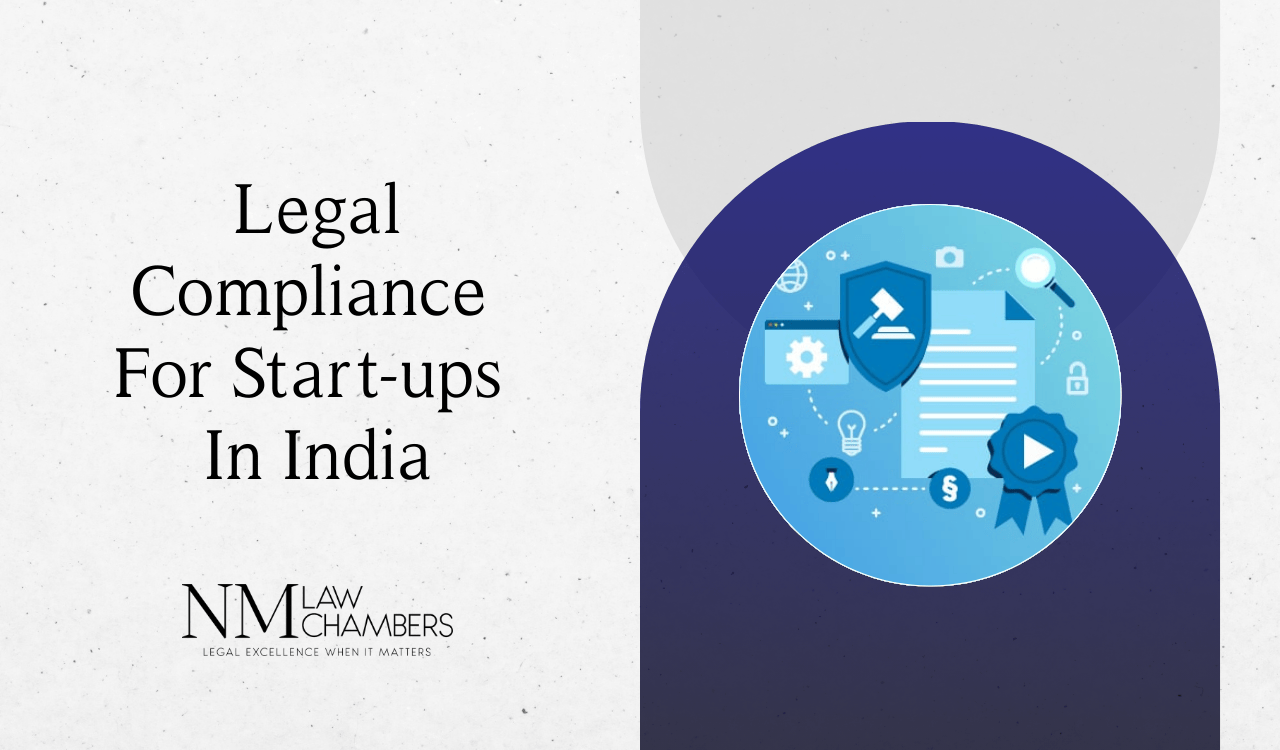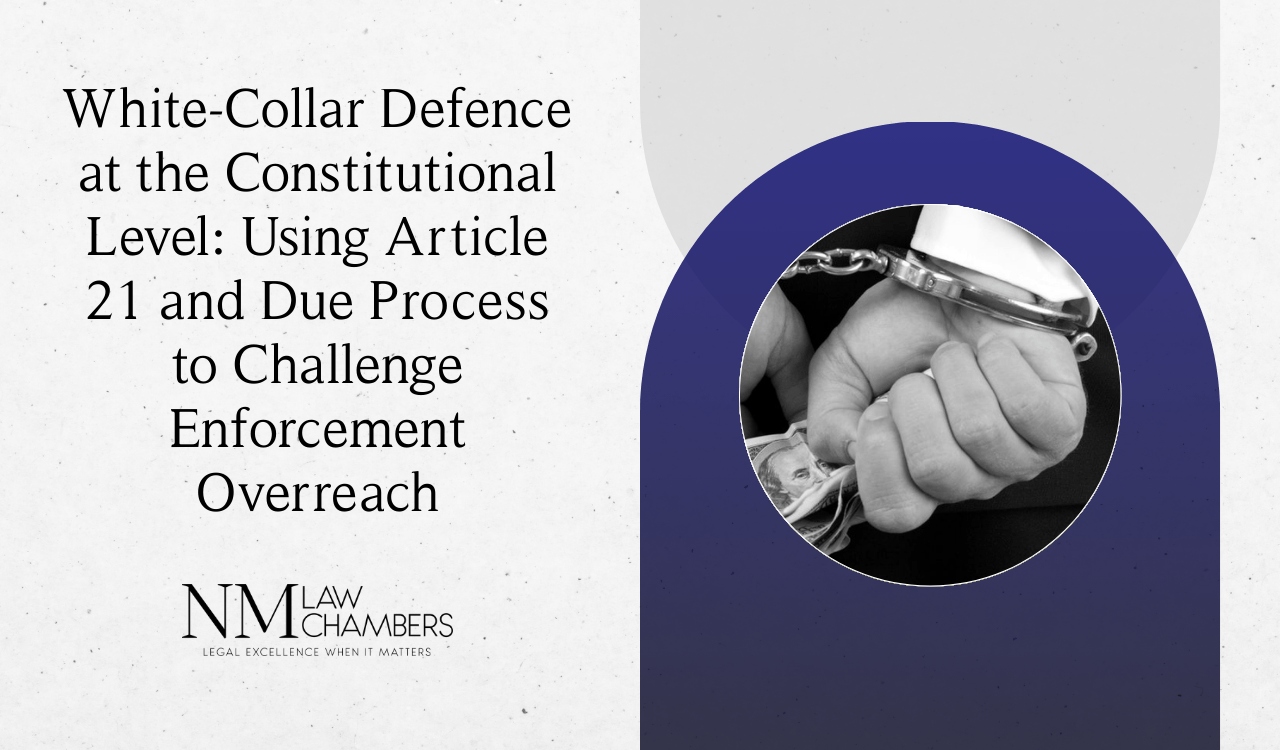ESSENTIAL BUSINESS REGISTRATIONS
Company may be incorporated as a legal entity under the Companies Act, Indian Partnership Act or a LLP, which requires registration with the MCA by filing SPICe+ form, which combines multiple registrations including PAN/TAN. The process typically takes 5-7 working days and requires at least two directors and one registered office address.
GST registration becomes mandatory when your turnover exceeds ₹40 lakhs (₹20 lakhs for some states). Registration can be done online through the GST portal with necessary business documents.
LABOUR LAW COMPLIANCES
Provident Fund (PF) registration is mandatory once you have 20+ employees. You’ll need to contribute 12% of basic salary for each employee, with a matching contribution from the employee’s side. Monthly returns must be filed through the EPFO portal.
Companies with 10+ employees must register for Employee State Insurance (ESI), providing medical benefits to employees. The current contribution rate is 3.25% from employer and 0.75% from employee.
TAX COMPLIANCE FRAMEWORK
GST returns must be filed regularly based on your turnover. GSTR-1 (monthly/quarterly) for outward supplies, GSTR-3B for summary returns, and annual returns. Late filing results in penalties of ₹50-100 per day of delay.
Income Tax compliance includes quarterly advance tax payments if liability exceeds ₹10,000, and annual returns filing by September 30th. Maintain proper books of accounts and financial statements.
INTELLECTUAL PROPERTY PROTECTION
Trademark registration protects your brand identity for 10 years (renewable). The application process involves trademark search, filing, examination, and publication. Early registration prevents brand disputes and unauthorized use.
Copyright registration automatically exists from creation but formal registration provides stronger legal standing. Essential for protecting software code, content, and creative works.
DIGITAL COMPLIANCE ESSENTIALS
Privacy policy and terms of service must clearly state data collection practices, usage policies, and user rights. Regular updates needed to align with changing regulations and business practices.
Implement reasonable security practices including encryption, access controls, and regular security audits. Maintain documentation of security procedures and incident response plans.
EMPLOYMENT DOCUMENTATION
Formal employment agreements must specify roles, compensation, working hours, leave policy, and termination terms. Include clear non-compete and confidentiality clauses to protect business interests.
HR policies should cover workplace conduct, antiharassment measures, grievance procedures, and performance evaluation systems. Regular updates and communication are essential.
GST registration becomes mandatory when your turnover exceeds ₹40 lakhs (₹20 lakhs for some states). Registration can be done online through the GST portal with necessary business documents.
INDUSTRY SPECIFIC REGULATIONS
FSSAI license is mandatory for food businesses, with different categories based on turnover. Annual renewal required with regular food safety audits and maintenance of hygiene standards.
Fintech startups need RBI registration/approval based on service type. Additional compliances include KYC norms, transaction monitoring, and periodic reporting to regulatory authorities.
ANNUAL COMPLIANCE CALENDAR
Hold board meetings quarterly (gap not exceeding 120 days), with proper documentation of minutes. Annual General Meeting must be conducted within 6 months of financial year end.
File annual returns including MGT-7, financial statements, and other statutory forms with ROC. Directors must update KYC annually through DIR-3 KYC form.
Appoint first statutoru auditor within 30 days of the company’s incorporation in the firest board meeting and then conduct periodic internal audits to assess compliance with legal requirements and identify any areas of non-compliance.
Stay tuned for more legal insights.





